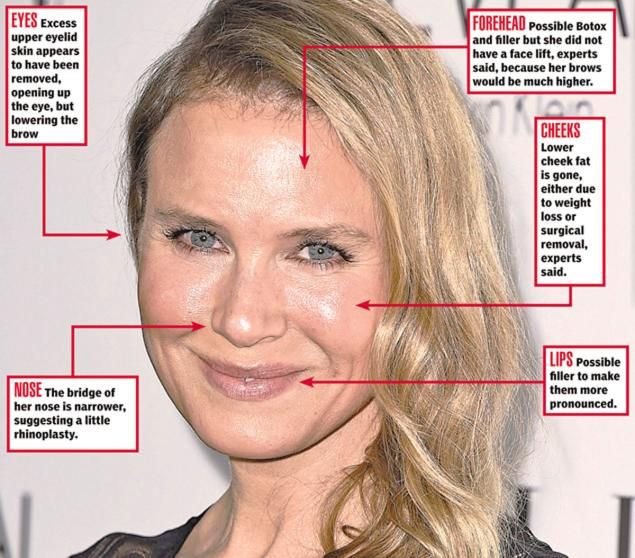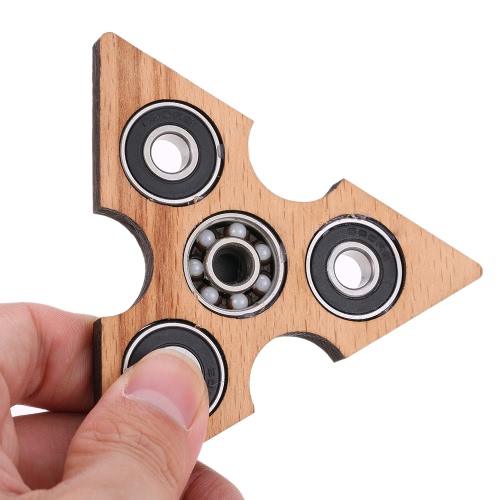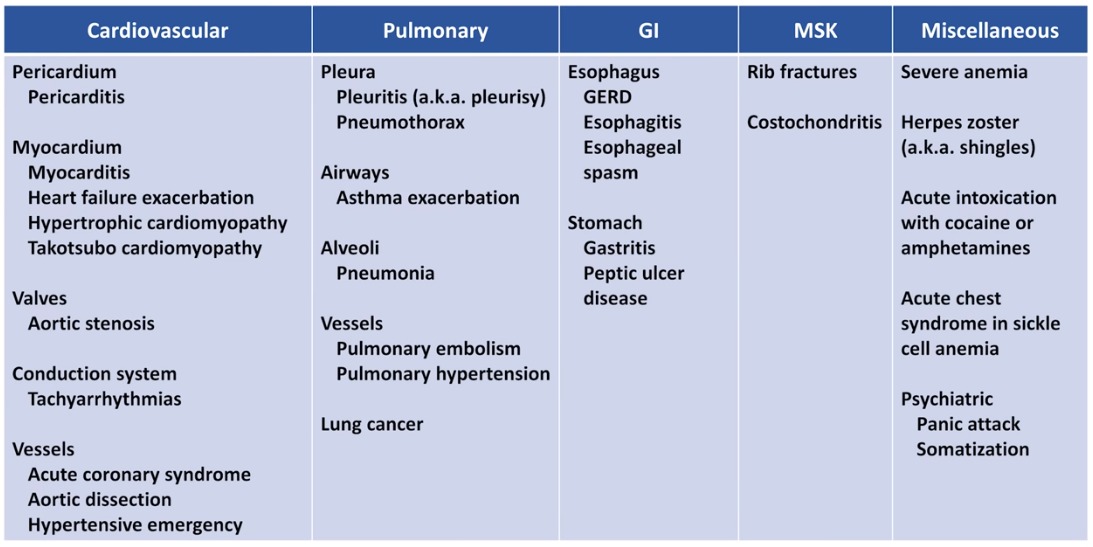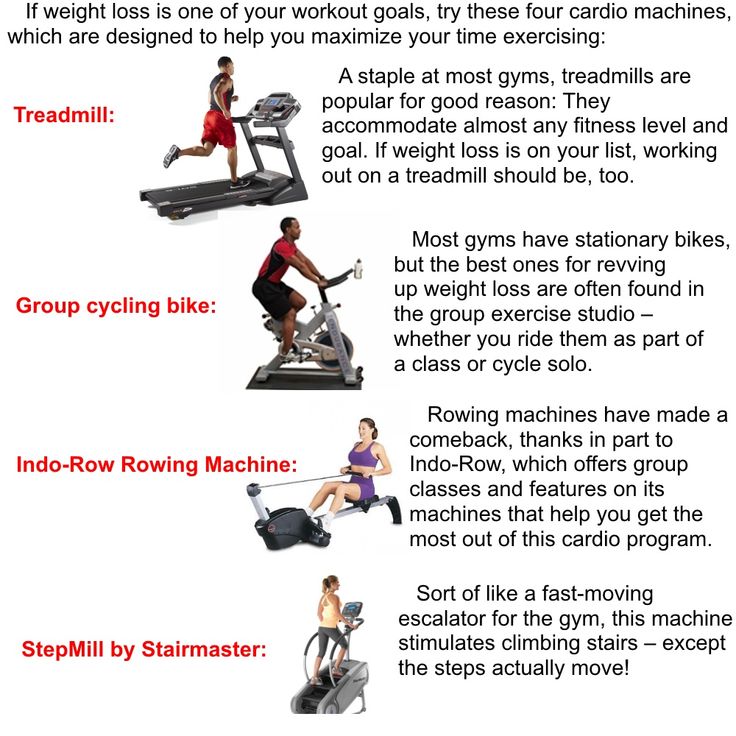What do you think about plastic surgery
Thinking about plastic surgery? Here is what you need to ask yourself before you go
Almost everyone, sooner or later, may feel a tad insecure about a certain area of their body. Whether a genetic trait, the result of trauma or the inevitable changes that accompany the aging process, some people can struggle for years with low self-esteem tied to cosmetic issues. Unfortunately, no amount of diet or exercise will improve the shape of their nose, their breast size or eliminate stubborn pockets of unsightly fat. Although "going under the knife" with plastic surgery may sound like the fastest and easiest way to improve the appearance, a surgical procedure is not right for everyone. If you are one of the thousands of people thinking about plastic surgery, carefully weigh out all of your options before committing to an invasive procedure. Start by asking yourself the following four questions:
Why do you want surgery?
While "why you want surgery" may seem obvious at first, really take a moment to contemplate the root of your insecurity. Have you always wanted larger, more proportionate breasts or is your current boyfriend pushing you to have a more voluptuous figure? Have you been working on eliminating your "muffin top" at the gym for years, with little success? Or have you recently been through a major life event—such as a divorce, break up or job loss—and suddenly think a flatter stomach would make you feel better about yourself?
Plastic surgery can offer a new lease on life and dramatically improve your confidence. However, jumping on the operating table to please someone else, or during an unstable time of your life, is not an act of self-love. This can be dangerous and leave you further disappointed with your appearance. Wait until you are sure the aesthetic procedure is for you and only you.
Have you done your research?
Luckily, today there is a plethora of exceptional information about any and every plastic surgery procedure available on the internet. Details about the ideal candidate, before and after photographs, cost, recovery commitments and potential complications can be perused from the comfort of your living room. Educate yourself about the desired procedure, and look at the results on people with a body type similar to your own.
Educate yourself about the desired procedure, and look at the results on people with a body type similar to your own.
When you think you are ready to move forward with a plastic surgery procedure, take your time to find the best, board-certified plastic surgeon in your area. Sites like American Society of Plastic Surgeons (ASPS) let you look through each surgeon's qualifications and read testimonials written by real patients. Finally, there is no substitute for a face-to-face consultation. At this time, the surgeon can review your medical history, perform a physical exam, and determine if the desired procedure is right for your needs.
Can you afford the procedure?
A surgical procedure can be costly, and unfortunately, most plastic surgery is considered cosmetic, therefore is not covered by health insurance. Many reputable, board-certified plastic surgeons offer a variety of payment options, including cash, all major credit cards and health care financing. During your consultation, your patient coordinator will explain all of the available options, helping to find one that best fits your budget.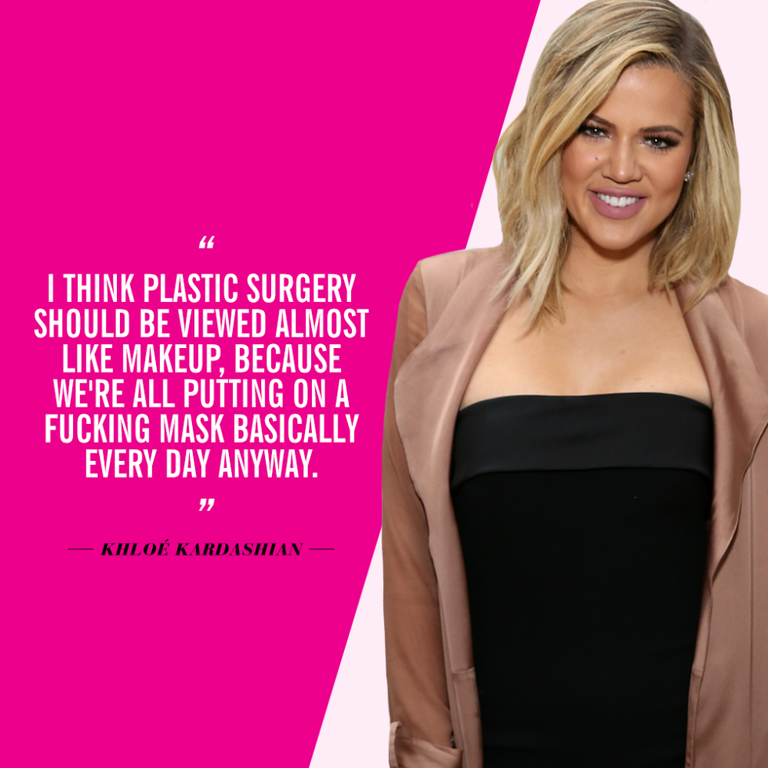
Begin with the consultation; is the first appointment free or will the cost be deducted from the price of your procedure? During the consultation appointment, be sure to get the exact price for your intended procedure. Double check with your patient coordinator that there are no hidden fees – the total cost should include the surgeon's fee, cost of the anesthesiologist, the surgical center's fees, follow-up appointments and surgical/compression garments. Don't forget to figure in the cost of any medications and lost wages, especially if your procedure requires an extended amount of time away from work.
Are you ready for the recovery?
You may be so excited about the chance for shapely new breasts or a flat stomach that you forget to consider the recovery period. Remember that you will be tired, sore, swollen and bruised for a few days, or even a few weeks after surgery, depending on the extent of your procedure. While breast augmentation may only require a few days of rest, a tummy tuck or body lift can require several weeks away from work and help with routine chores around the house.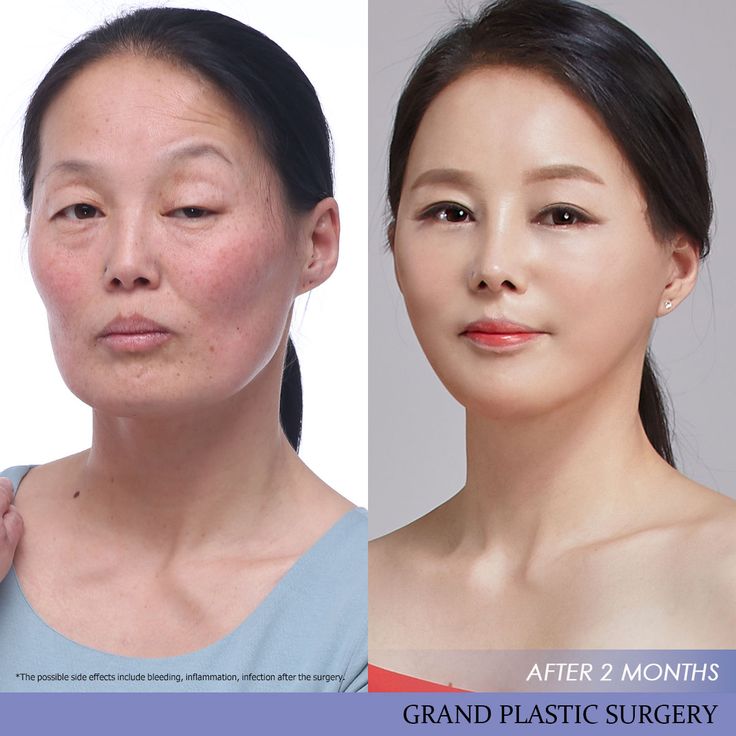 To avoid complications, do not push yourself; make sure you can take your surgeon's suggested amount of time off of work or school.
To avoid complications, do not push yourself; make sure you can take your surgeon's suggested amount of time off of work or school.
If you have children, consider who will help with their care. Heavy lifting may not be allowed for four to six weeks, and this includes picking up kids. You will not be able to drive until all pain medications have been stopped. Arrange for a friend or family member to assist with the kiddos for as long as needed, ensuring a safe and effective healing period.
The bottom line: Do your research, then place your trust in a board-certified plastic surgeon. Take your time deciding on the best procedure for your unique needs and budget. If you are not comfortable with the doctor or office after your consultation, get a second or third opinion. Once you are happy with the answers to these four, key questions, you just might be ready to move forward with plastic surgery.
The views expressed in this blog are those of the author and do not necessarily reflect the opinions of the American Society of Plastic Surgeons.
Plastic Surgery (for Teens) - Nemours KidsHealth
When you hear of plastic surgery, what do you think of? A Hollywood star trying to delay the effects of aging? People who want to change the size of their stomachs, breasts, or other body parts because they see it done so easily on TV?
Those are common images of plastic surgery, but what about the 4-year-old boy who has his chin rebuilt after a dog bit him? Or the young woman who has the birthmark on her forehead lightened with a laser?
What Is Plastic Surgery?
Just because the name includes the word "plastic" doesn't mean patients who have this surgery end up with a face full of fake stuff. The name isn't taken from the synthetic substance but from the Greek word plastikos, which means to form or mold (and which gives the material plastic its name as well).
Plastic surgery is a special type of surgery that can change a person's appearance and ability to function.
- Reconstructive procedures correct defects on the face or body.
 These include physical birth defects like cleft lips and palates and ear deformities, traumatic injuries like those from dog bites or burns, or the aftermath of disease treatments like rebuilding a woman's breast after surgery for breast cancer.
These include physical birth defects like cleft lips and palates and ear deformities, traumatic injuries like those from dog bites or burns, or the aftermath of disease treatments like rebuilding a woman's breast after surgery for breast cancer. - Cosmetic (also called aesthetic) procedures alter a part of the body that the person is not satisfied with. Common cosmetic procedures include making the breasts larger (augmentation mammoplasty) or smaller (reduction mammoplasty), reshaping the nose (rhinoplasty), and removing pockets of fat from specific spots on the body (liposuction). Some cosmetic procedures aren't even surgical in the way that most people think of surgery — that is, cutting and stitching. For example, the use of special lasers to remove unwanted hair and sanding skin to improve severe scarring are two such treatments.
page 1
Why Do Teens Get Plastic Surgery?
Most teens don't, of course. But some do. Interestingly, the American Society of Plastic Surgeons (ASPS) reports a difference in the reasons teens give for having plastic surgery and the reasons adults do: Teens view plastic surgery as a way to fit in and look acceptable to friends and peers. Adults, on the other hand, frequently see plastic surgery as a way to stand out from the crowd.
Interestingly, the American Society of Plastic Surgeons (ASPS) reports a difference in the reasons teens give for having plastic surgery and the reasons adults do: Teens view plastic surgery as a way to fit in and look acceptable to friends and peers. Adults, on the other hand, frequently see plastic surgery as a way to stand out from the crowd.
According to the ASPS, more than 200,000 people 19 years and younger had either major or minor plastic surgical procedures in 2013.
Some people turn to plastic surgery to correct a physical defect or to alter a part of the body that makes them feel uncomfortable. For example, guys with a condition called gynecomastia (excess breast tissue) that doesn't go away with time or weight loss may opt for reduction surgery. A girl or guy with a birthmark may turn to laser treatment to lessen its appearance.
Other people decide they want a cosmetic change because they’re not happy about the way they look. Teens who have cosmetic procedures — such as otoplasty (surgery to pin back ears that stick out) or dermabrasion (a procedure that can help smooth or camouflage severe acne scars) — sometimes feel more comfortable with their appearance after the procedure.
The most common procedures teens choose include nose reshaping, ear surgery, acne and acne scar treatment, and breast reduction.
page 2
Is Plastic Surgery the Right Choice?
Reconstructive surgery helps repair significant defects or problems. But what about having cosmetic surgery just to change your appearance? Is it a good idea for teens? As with everything, there are right and wrong reasons to have surgery.
Cosmetic surgery is unlikely to change your life. Most board-certified plastic surgeons spend a lot of time interviewing teens who want plastic surgery to decide if they are good candidates for the surgery. Doctors want to know that teens are emotionally mature enough to handle the surgery and that they're doing it for the right reasons.
Many plastic surgery procedures are just that — surgery. They involve anesthesia, wound healing, and other serious risks. Doctors who perform these procedures want to know that their patients are capable of understanding and handling the stress of surgery.
Some doctors won't perform certain procedures (like rhinoplasty) on a teen until they are sure that person is old enough and has finished growing. For rhinoplasty, that means about 15 or 16 for girls and about a year older for guys.
Girls who want to enlarge their breasts for cosmetic reasons usually must be at least 18 because saline implants are only approved for women 18 and older. In some cases, though, such as when there's a tremendous size difference between the breasts or one breast has failed to grow at all, a plastic surgeon may get involved earlier.
page 3
Things to Consider
Here are a few things to think about if you're considering plastic surgery:
- Almost all teens (and many adults) are self-conscious about their bodies. Almost everyone wishes there were a thing or two that could be changed. A lot of this self-consciousness goes away with time. Ask yourself if you're considering plastic surgery because you want it for yourself or whether it's to please someone else.

- A person's body continues to change through the teen years. Body parts that might appear too large or too small now can become more proportionate over time. Sometimes, for example, what seems like a big nose looks more the right size as the rest of the person's face catches up during growth.
- Getting in good shape through appropriate weight control and exercise can do great things for a person's looks without surgery. It's never a good idea to choose plastic surgery as a first option for something like weight loss that can be corrected in a nonsurgical manner. Gastric bypass or liposuction may seem like quick and easy fixes compared with sticking to a diet. Both of these procedures, however, carry far greater risks than dieting, and doctors should reserve them for extreme cases when all other options have failed.
- Some people's emotions have a really big effect on how they think they look. People who are depressed, extremely self-critical, or have a distorted view of what they really look like sometimes think that changing their looks will solve their problems.
 In these cases, it won't. Working out the emotional problem with the help of a trained therapist is a better bet. In fact, many doctors won't perform plastic surgery on teens who are depressed or have other mental health problems until these problems are treated first.
In these cases, it won't. Working out the emotional problem with the help of a trained therapist is a better bet. In fact, many doctors won't perform plastic surgery on teens who are depressed or have other mental health problems until these problems are treated first.
page 4
What's Involved?
If you're considering plastic surgery, talk it over with your parents. If you're serious and your parents agree, the next step is meeting with a plastic surgeon to help you learn what to expect before, during, and after the procedure — as well as any possible complications or downsides to the surgery. Depending on the procedure, you may feel some pain as you recover, and temporary swelling or bruising can make you look less like yourself for a while.
Procedures and healing times vary, so you'll want to do your research into what's involved in your particular procedure and whether the surgery is reconstructive or cosmetic. It's a good idea to choose a doctor who is certified by the American Board of Plastic Surgery.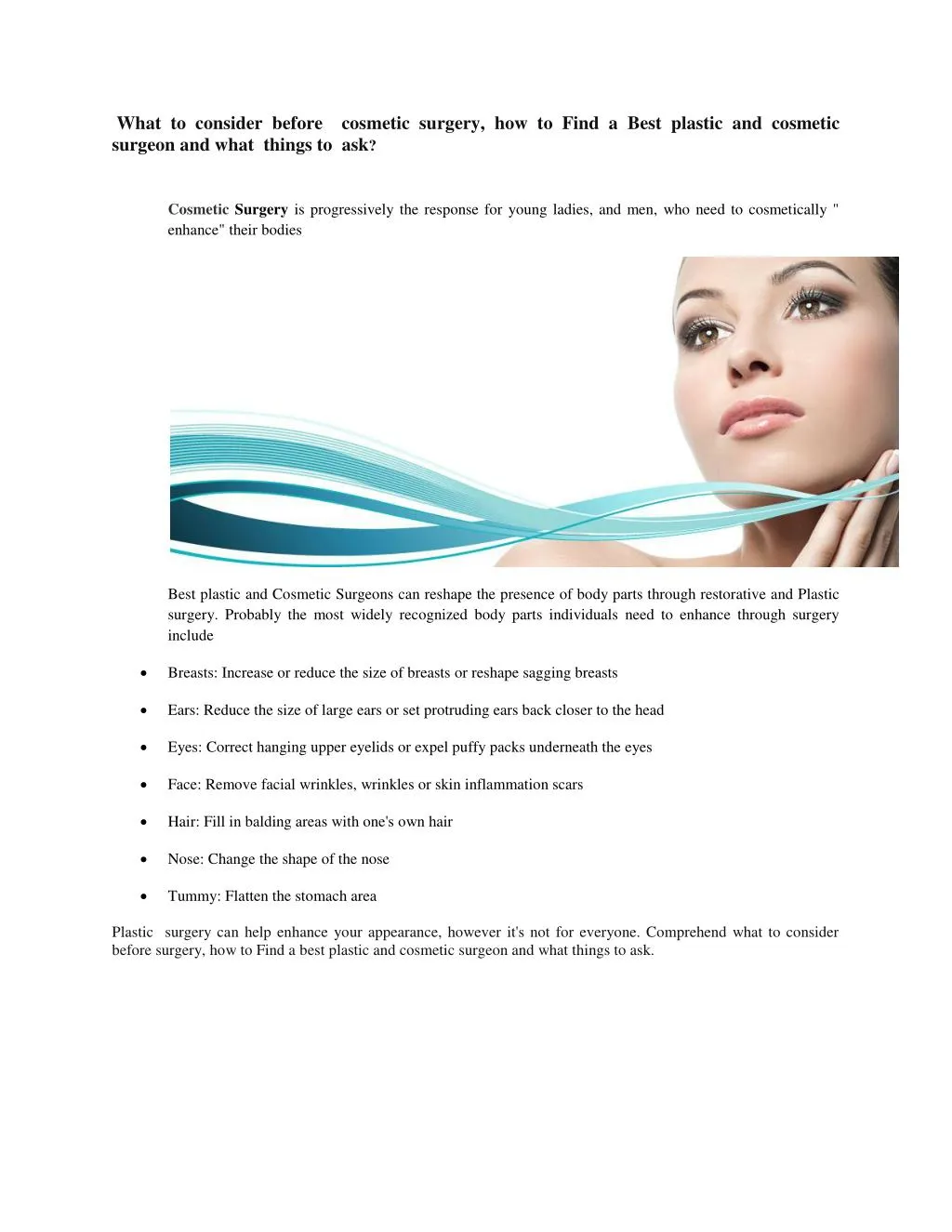
Cost will likely be a factor, too. Elective plastic surgery procedures can be expensive. Although medical insurance covers many reconstructive surgeries, the cost of cosmetic procedures almost always comes straight out of the patient's pocket.
Your parents can find out what your insurance plan will and won't cover. For example, breast enlargement surgery is considered a purely cosmetic procedure and is rarely covered by insurance. But breast reduction surgery may be covered by some plans because large breasts can cause physical discomfort and even pain for many girls.
Plastic surgery isn't something to rush into. If you're thinking about plastic surgery, find out as much as you can about the specific procedure you're considering and talk it over with doctors and your parents. Once you have the facts, you can decide whether the surgery is right for you.
About plastic surgery through the eyes of a professional: what you need to know?
Irina KhRUSTALEVA – plastic surgeon, Head of the Department of Plastic Surgery, Faculty of Postgraduate Education, St. Petersburg State Medical University. I.P. Pavlova, National Secretary of the International Society of Aesthetic Plastic Surgeons (ISAPS) in Russia, full member of the American Society of Aesthetic Plastic Surgeons (ASAPS).
Petersburg State Medical University. I.P. Pavlova, National Secretary of the International Society of Aesthetic Plastic Surgeons (ISAPS) in Russia, full member of the American Society of Aesthetic Plastic Surgeons (ASAPS).
For a short time in "Beauty Park" Irina Eduardovna managed to answer a thousand questions, both private and general. However, the questions: do you want to look young and attractive and is it worth getting rid of the shortcomings that have spoiled your self-awareness and self-esteem for many years, you must answer on your own. To do this, you need to navigate the possibilities of modern aesthetic medicine and make a decision - certainly in your favor.
- Is it possible to radically change facial features?
- Of course, you can't turn yourself into another person, but it's possible to make your face more attractive. It is possible to increase the projection of the zygomatic elevations, the chin, to change the shape of the eyes - modern aesthetic surgery allows us to bring desires to life with the help of volumetric injection plastics, implant placement and more complex osteoplastic surgeries. The latest technology also allows us to avoid visible scarring. Currently, plastic surgery can cope with almost all aesthetic shortcomings that concern a modern person. The development of aesthetic medicine, the introduction of advanced technologies make it possible to minimize the recovery period, make operations less traumatic, and the result is very impressive and harmonious.
The latest technology also allows us to avoid visible scarring. Currently, plastic surgery can cope with almost all aesthetic shortcomings that concern a modern person. The development of aesthetic medicine, the introduction of advanced technologies make it possible to minimize the recovery period, make operations less traumatic, and the result is very impressive and harmonious.
- Almost every person who is going to have plastic surgery is considered almost insane. Girlfriends dissuade, talk about some horrors read on the Internet ... What can you say to those who want to get plastic surgery?
- The problem is the lack of information or the distortion of its presentation. It is a pity that so little is known and spoken about the real possibilities of plastic surgery. All information comes down to "horror stories" in the yellow press. Can you remember at least one program or TV show that was dedicated to happy stories of recovery and adaptation of patients who got into an accident, suffered from burns, or people with congenital pathologies? But plastic surgery as a science has something to be proud of. On the other hand, unscrupulous advertising inspires us that plastic surgery is as simple as going to the salon and getting your hair done. In life, everything is much more complicated. It must be understood that any surgery, not only plastic surgery, has its own rating of complications. The peculiarity of our operations is that they are performed “not to save life”, but to improve its quality, voluntarily. Therefore, you need to choose a clinic and a doctor consciously, thinking about how adequately in this institution you will be provided not only with comfort, but, first of all, with the safety of the intervention.
On the other hand, unscrupulous advertising inspires us that plastic surgery is as simple as going to the salon and getting your hair done. In life, everything is much more complicated. It must be understood that any surgery, not only plastic surgery, has its own rating of complications. The peculiarity of our operations is that they are performed “not to save life”, but to improve its quality, voluntarily. Therefore, you need to choose a clinic and a doctor consciously, thinking about how adequately in this institution you will be provided not only with comfort, but, first of all, with the safety of the intervention.
People who turn to plastic surgeons do not want to put up with external imperfections. They do not just perform an operation - as I said, they improve the quality of their lives, get rid of many years of psychological stress. It seems to me that this is the primary task of aesthetic surgery.
- There are many stereotypes associated with plastic surgery, but perhaps one of the most common says that if a person undergoes an operation once, he will "hang" and begin to change absolutely everything in his appearance.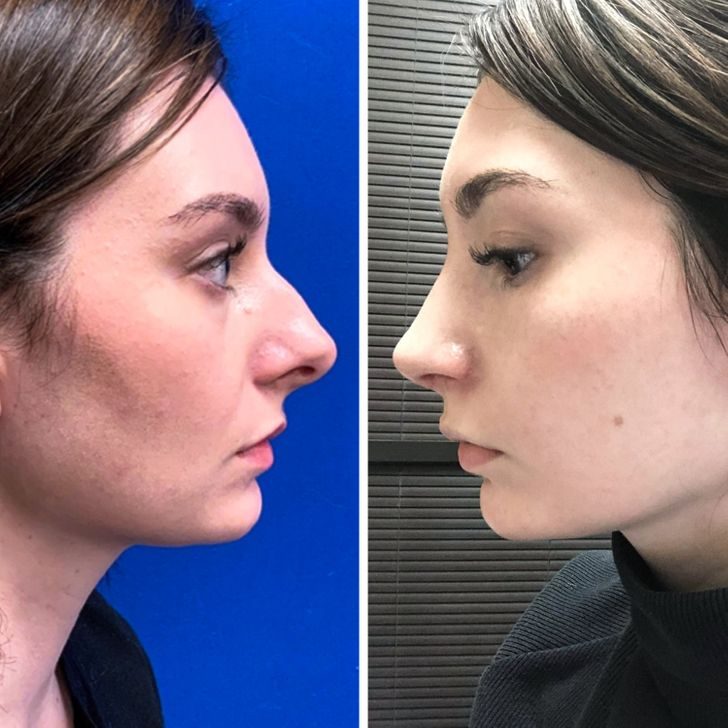
- People who, as you say, “get hooked on operations”, most likely do not have a sense of proportion and taste. In glossy magazines and on television, we often see gossip characters with “stretched” faces, satirical lips, huge breasts, etc. In the practice of colleagues, there are patients who either increase or decrease their breasts, adjusting to preferences and tastes another boyfriend. I refuse such patients. If a harmonious result is achieved, and the patient insists on the next surgical intervention, in my opinion, it is a matter of professional honor for the doctor to stop in time and stop in time. A plastic surgeon is obliged to listen to the opinion of the patient, but has no right to follow his lead: aesthetic surgery is a serious surgical intervention, and the principle of “do no harm” remains dominant.
- Every professional who knows his business flawlessly has a job that he does with particular pleasure.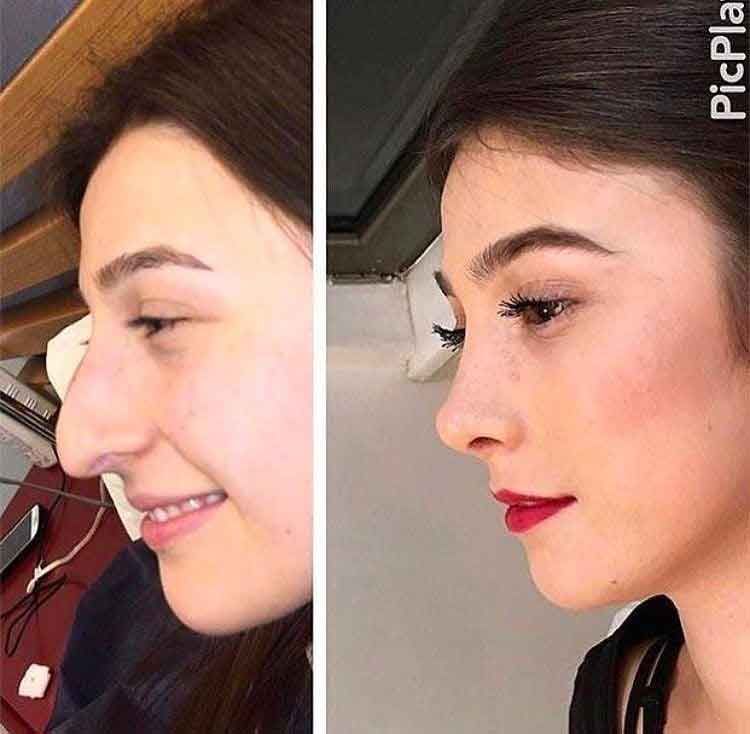 What operations do you find the most interesting?
What operations do you find the most interesting?
- Perhaps, this is a rejuvenating surgery of the face and neck of any degree of complexity. By the way, it has features due to the differences between the male and female body. In this regard, the female view of the problems of a postoperative nature is closer to patients. Even a brilliant male surgeon will hardly think that after the method of operation he has chosen, a woman will have to change her image: change her hairstyle, apply makeup in a different way, perhaps change the shape of her eyebrows - that is, experience additional difficulties. A woman surgeon will choose those methods that will cause minimal postoperative discomfort, use more possibilities of aesthetic medicine in order to quickly return patients to everyday life. And while a male surgeon will rightly say that you need to wait until the scar heals, his female colleague will look for a way to speed up this process.
- You said that modern plastic surgeries are less traumatic.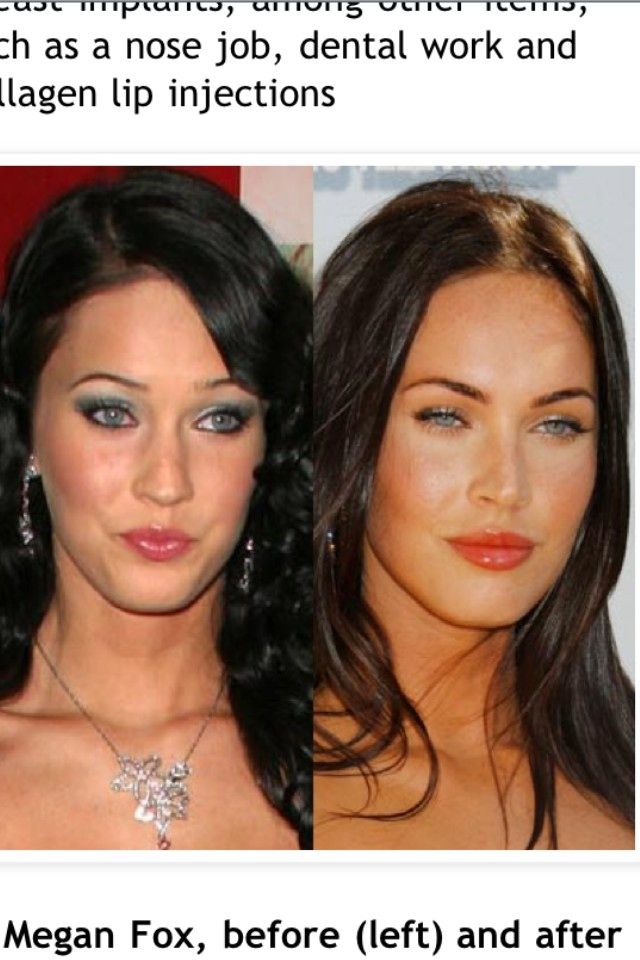 How long does rehabilitation take after surgery?
How long does rehabilitation take after surgery?
- Yes, modern operations can be less traumatic, mainly due to the use of endovideo equipment, which leaves tiny scars on the skin. In addition, there are very effective cosmetic techniques that can significantly reduce the recovery period. The rehabilitation course is compiled individually and depends not only on the type of operation, but also on the patient's health, age, chronic diseases, and bad habits. From experience I can say that after 1-2 weeks the patient can return to normal life.
- Does the law work in aesthetic surgery: the client is always right? Do you reassure patients if necessary?
- Of course, I convince you, because my task is to offer the most effective, comfortable and safe way for the patient, without harming him in any way. If the patient has no indications for surgical intervention, I will not agree to perform it, but I will offer other high-quality rejuvenation methods.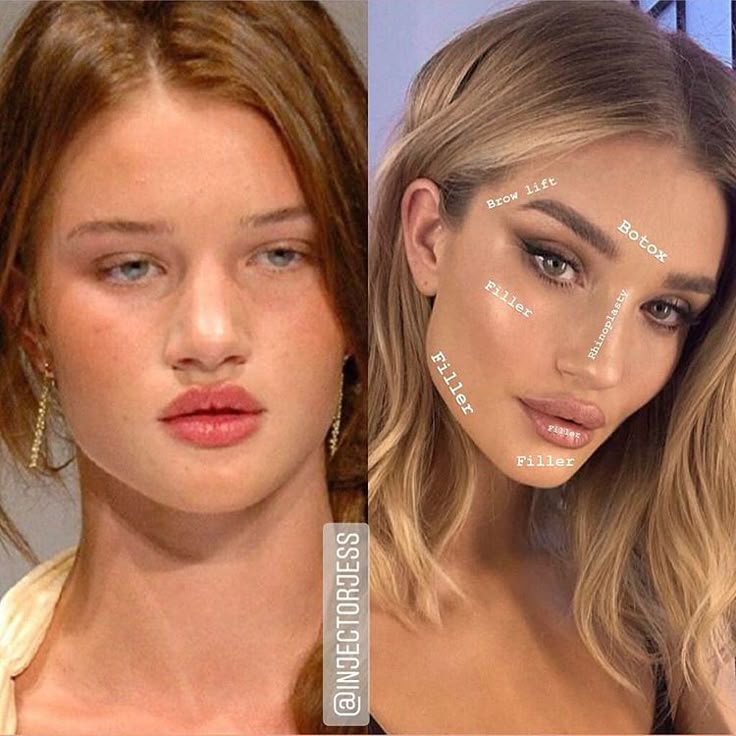 For example, in order to achieve a healthy, well-groomed and youthful appearance, it is very often enough to restore volume by restoring lost contours to the face. Injection contour plastic successfully copes with this task. A separate technique - the so-called injection vector face and neck lifting - is a procedure performed with special cannulas, which practically does not leave bruises and is very popular in Western Europe. I really like the results; I made a number of changes to the standard protocol. As a surgeon, I am confident in my knowledge of anatomy, and cannulas are a routine tool in the hands of any practicing plastic surgeon. I think that vector lifting will take its rightful place in injectable facial rejuvenation, along with those procedures that everyone has long been accustomed to.
For example, in order to achieve a healthy, well-groomed and youthful appearance, it is very often enough to restore volume by restoring lost contours to the face. Injection contour plastic successfully copes with this task. A separate technique - the so-called injection vector face and neck lifting - is a procedure performed with special cannulas, which practically does not leave bruises and is very popular in Western Europe. I really like the results; I made a number of changes to the standard protocol. As a surgeon, I am confident in my knowledge of anatomy, and cannulas are a routine tool in the hands of any practicing plastic surgeon. I think that vector lifting will take its rightful place in injectable facial rejuvenation, along with those procedures that everyone has long been accustomed to.
- What attracts you, as an international specialist, in the clinic of aesthetic cosmetology Beauty Park?
We have long-standing professional and friendly relations with Beauty Park. In the clinic, you can undergo a rehabilitation course after plastic surgery. Here are collected the latest cosmetology techniques, a wide range of services, modern equipment, a highly qualified team of experienced doctors.
In the clinic, you can undergo a rehabilitation course after plastic surgery. Here are collected the latest cosmetology techniques, a wide range of services, modern equipment, a highly qualified team of experienced doctors.
What to do if the usual cosmetic procedures no longer help?
Nowadays, the possibilities of aesthetic medicine and plastic surgery are endless. Today, they allow you to cope with almost all the aesthetic shortcomings that concern modern man.
in detail
Only healthy hair can be truly beautiful!
Beauty Park clinic pays great attention to the health of hair and scalp. In the spring, the problem of hair loss becomes especially relevant.
in detail
Biorevitalization - a new life for your skin!
Biorevitalization is a common anti-age procedure based on the introduction of rejuvenating cocktails into the deep layers of the skin
in detail
what you should know before….
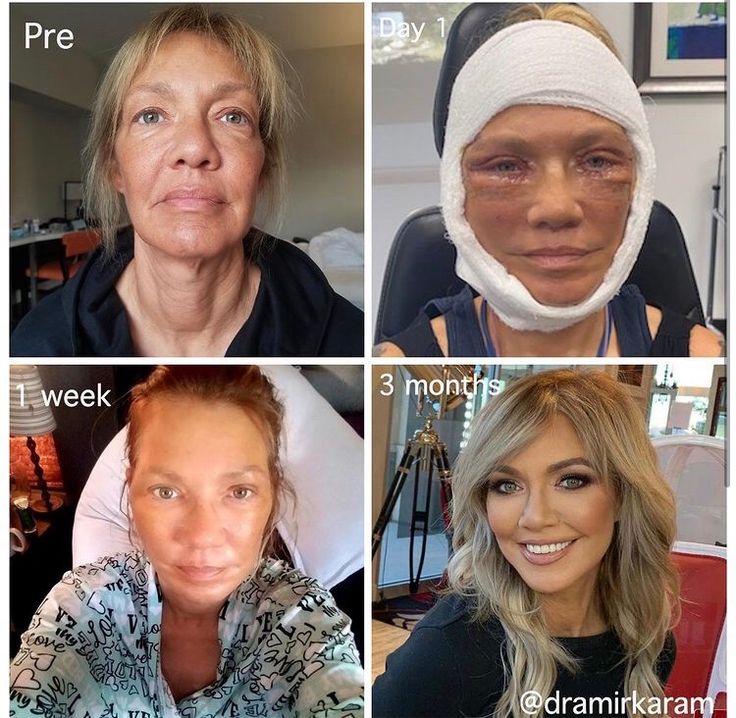
More recently, plastic surgery was considered something unique and accessible only to very rich people. Today they have become a part of our daily life. But still, before deciding to have any plastic surgery, you need to carefully check a few things. Among them are the cost of the procedure, the psychological consequences after the operation, the possibility of a discrepancy between expectation and result.
How to prepare for surgery?
Plastic, or aesthetic, surgery is probably the easiest way to lose a couple of years, or improve your figure. But aesthetic surgery not only improves the appearance of a person, but also improves well-being. But, like any other operation, plastic also has its own risks and complications.Expectations and result
Of course, the main goal of any plastic surgery is to help a person look better. But better doesn't mean perfect. But if you think plastic surgery will turn you into a movie star, or advance your career, or improve your social status, you may be in for a serious disappointment.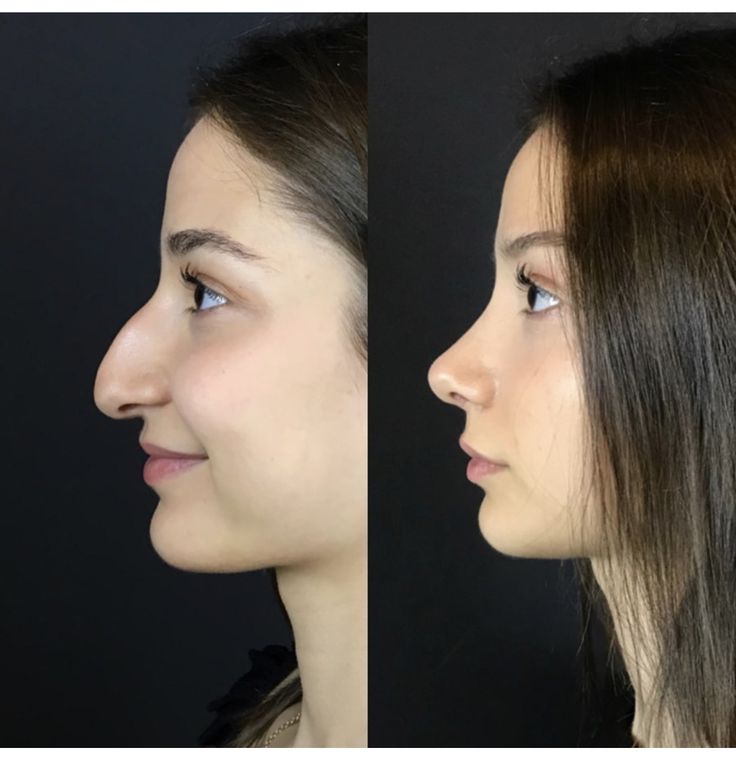
Cost of plastic surgery
You must clearly understand that any aesthetic operation costs money, and not small money. Therefore, you must be prepared for large financial expenses, and this is inevitable.Postoperative complications
In addition to possible aesthetic dissatisfaction and disappointment, you must be aware of the complications that often accompany any surgical intervention. The most serious and common of these include infection, severe bleeding, opening of the stitches.Recovery process after operation
You must understand that you will not be able to quickly return to a full life. The recovery process can take from several weeks to several months.Psychological effects
The results of plastic surgery can improve a person's appearance, especially if they meet expectations, and raise their self-esteem. But they can also cause severe depression.Plastic Surgeon's Choice
Be very responsible in choosing your plastic surgeon.